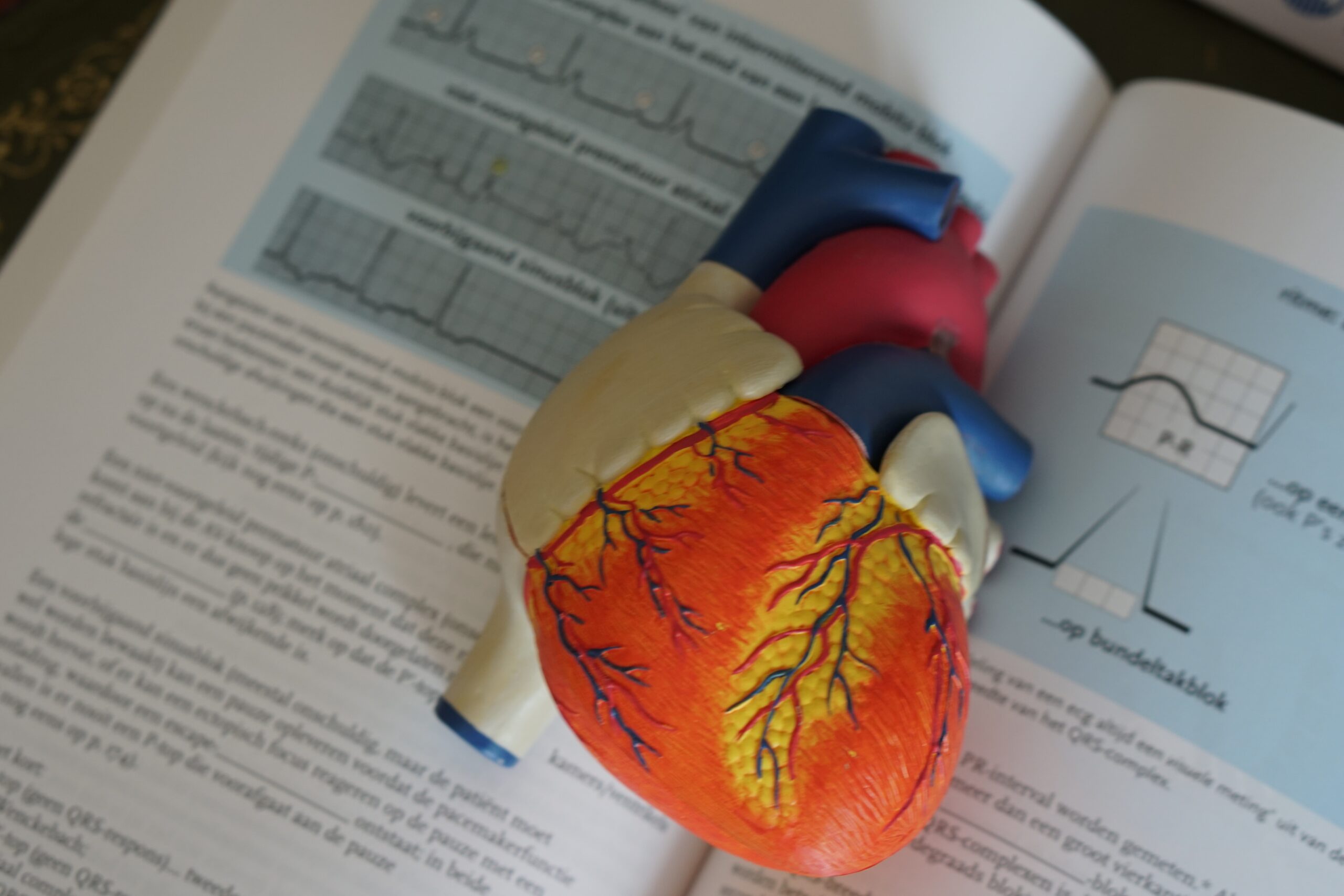In recent years, the global rise in depression rates has raised concerns about the factors contributing to this mental health epidemic. One aspect that has garnered significant attention is the role of diet in mental health. A growing body of research suggests a strong connection between diet and mental well-being, with some studies pointing to a concerning relationship between depression and the consumption of ultra-processed foods. This article delves into the findings of a study that unveils an alarming link between depression and ultra-processed foods, shedding light on the potential impact of our dietary choices on our mental health.
Defining Ultra Processed Foods
Before delving into the study’s findings, it’s important to clarify what is meant by “ultra-processed foods.” Ultra-processed foods are industrial, ready-to-eat or ready-to-heat products that are often high in additives, preservatives, and artificial ingredients. These products are usually low in essential nutrients and high in unhealthy fats, sugars, and salt. Common examples include sugary cereals, soft drinks, fast food, packaged snacks, and microwaveable meals.
The Study
The study in question, conducted by a team of researchers from various institutions, aimed to investigate the association between the consumption of ultra-processed foods and the prevalence of depression. The research team collected data from a large and diverse sample of participants over several years, making it one of the most comprehensive studies on this topic to date.
Findings
The study’s findings are alarming, suggesting a significant correlation between the consumption of ultra-processed foods and an increased risk of depression. Here are some key findings:
- Higher Consumption, Higher Risk: The study found that individuals who consumed larger quantities of ultra-processed foods were more likely to experience symptoms of depression. Those with the highest intake had a substantially increased risk of developing depression compared to those with lower consumption.
- Dose-Response Relationship: The researchers observed a dose-response relationship, meaning that as the consumption of ultra-processed foods increased, the risk of depression also increased. This suggests a direct link between the two.
- Nutritional Deficiency: The study also highlighted the role of nutritional deficiency in this relationship. Ultra-processed foods are typically low in essential nutrients like vitamins, minerals, and fiber. The lack of these nutrients can negatively affect brain function and mood regulation, potentially contributing to depression.
- Inflammatory Response: Ultra-processed foods are known to trigger an inflammatory response in the body. Chronic inflammation is increasingly being linked to various mental health disorders, including depression.
- Negative Impact on Gut Microbiota: Emerging research suggests that the gut-brain connection plays a vital role in mental health. Ultra-processed foods may negatively impact the gut microbiota, leading to an imbalance that could influence mood and mental health.
Implications
The implications of this study are significant. It underscores the need for individuals, healthcare professionals, and policymakers to consider the role of diet in mental health. The study’s findings suggest that reducing the consumption of ultra-processed foods and adopting a more balanced, whole-food-based diet could be a valuable strategy in preventing and managing depression.
Furthermore, this research has broader implications for public health. It emphasizes the importance of promoting healthy dietary habits and the need for policies that reduce the availability and marketing of ultra-processed foods. Such policies may include improved food labeling, restrictions on advertising, and incentives for the food industry to produce healthier options.
Conclusion
The study revealing an alarming link between depression and ultra-processed foods serves as a stark reminder of the intricate relationship between our diet and mental health. While the research cannot prove causation, the evidence is compelling and should encourage individuals to make more mindful choices when it comes to their food consumption.
This study adds to the growing body of evidence that highlights the importance of a balanced, nutritious diet for both physical and mental well-being. It calls for a shift away from ultra-processed foods and a return to whole, minimally processed foods that can provide the nutrients necessary for a healthy body and mind. Ultimately, our diets play a pivotal role in shaping our mental health, and addressing this connection is a vital step towards combating the rising tide of depression in our society.



0 Comments